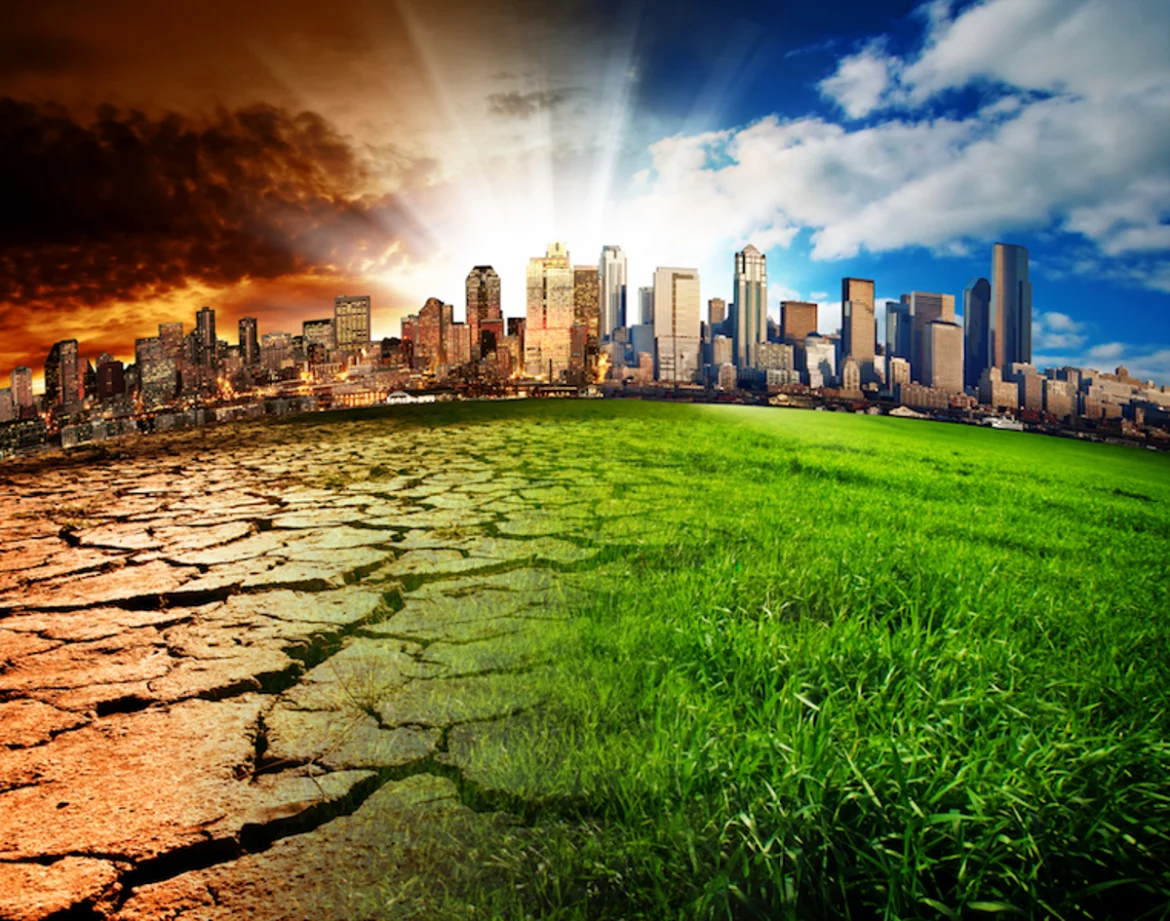The Niger Delta region’s stakeholders have pushed for the democratization of the energy sector in Nigeria, arguing that it is more affordable and will be accessible to all Nigerians, regardless of their status or background.
This request was made during a two-day workshop on “Climate Crisis and Energy Transition” that the Africa Network for Environment and Economic Justice organized in Port Harcourt, Rivers State (ANEEJ).
Mr. Chima Williams, executive director of Environmental Rights Action/Friends of the Earth Nigeria (ERA/FoEN), explained in his presentation that, if successful, the switch to renewable energy would lessen the difficulties associated with the climate crisis, particularly because fossil fuels, which have seriously harmed the environment, would then be phased out.
According to him, the democratization of energy would entail finding new ways to produce electricity, which would help the economy of the nation grow.
Williams was of the opinion that the issue of the climate crisis in this region of the world could be resolved if the government stopped some offensive practices related to fossil fuels and invested in renewable energy sources.
According to him, “Having an energy grid that is up the national grid and domesticated, the people own the processes. When they own the process in terms of how it is sourced, in terms of how it is managed, in terms of who gets what, when and how, in terms of how payments are made for its sustainability, in that way, they own the energy source, how it is managed and they protect it; it makes energy cheaper, available and affordable for the people.
Read Also: aneej-urges-stakeholders-to-advance-just-energy-transition
“The issue of energy and climate are intertwined because the activities that result to the incidence of climate change mostly from Nigeria is the incidence of fossil fuel extraction. The bi-product of fossil fuel in terms of gas is being burnt off through the incidence of gas flaring for instance, and this creates enormous greenhouse emission that contributes to climate impact or climate change.
“If we go into energy democracy, it will be a compound win for everybody and taxes can be paid to the government and of course, that energy cannot be given free of charge but because it is affordable, available, and cheap, the people will easily pay for it and the government will generate revenue, the people are happy, both the companies that will invest in it.”.
On his part, an environment activist in the region, Mr. Celestine Akpobari, faulted the government for claiming to be transiting to renewable energy when it is still sourcing for oil wells to extract oil. He described such an action as hypocrite.
“We are talking about just transition. This thing must be available and affordable. When you said you are transiting and the poor man cannot have electricity or you claim you are moving from fossil fuel but you are still looking for new oil wells, you are still taking 30 percent to go and look for oil well and you said you are transiting. That does not just transition, it means you will tune down on activities that emit carbon into the atmosphere.
“So they are deceiving themselves. That is hypocrisy. They must democratize the process, only when that happens, that the poor man can benefit from it. You cannot just sit in your house and at the end of every month they come to your gate and guess the energy you have consumed and give you bill whether there was power or not,” he stated.
Earlier, the Executive Director of ANEEJ, Rev. David Ugolor, said the workshop was designed to enhance the knowledge of participants, including CSOs, journalists and community representatives on emerging issues in the global climate change trend and energy transition.
Story adapted from ThisDay
